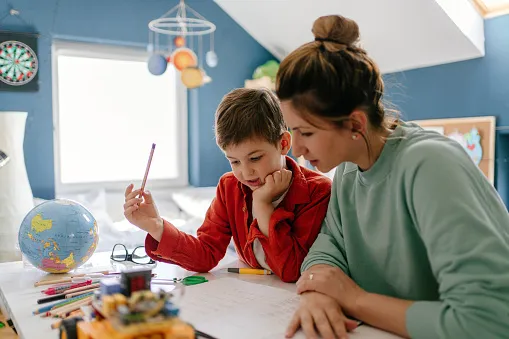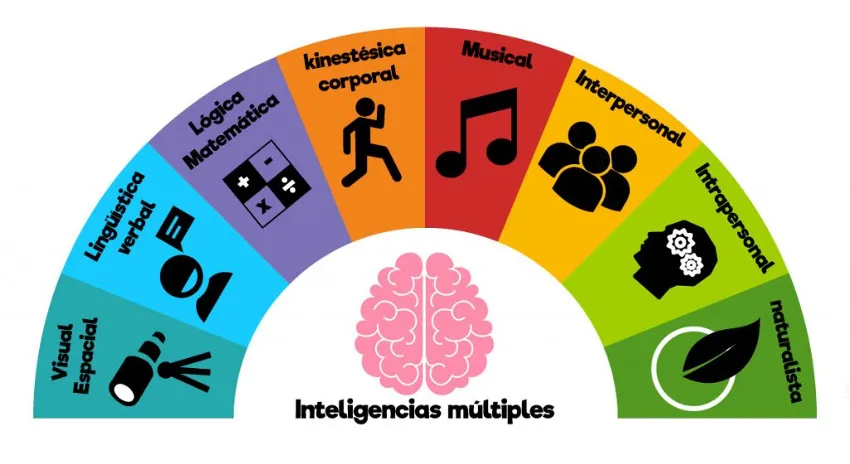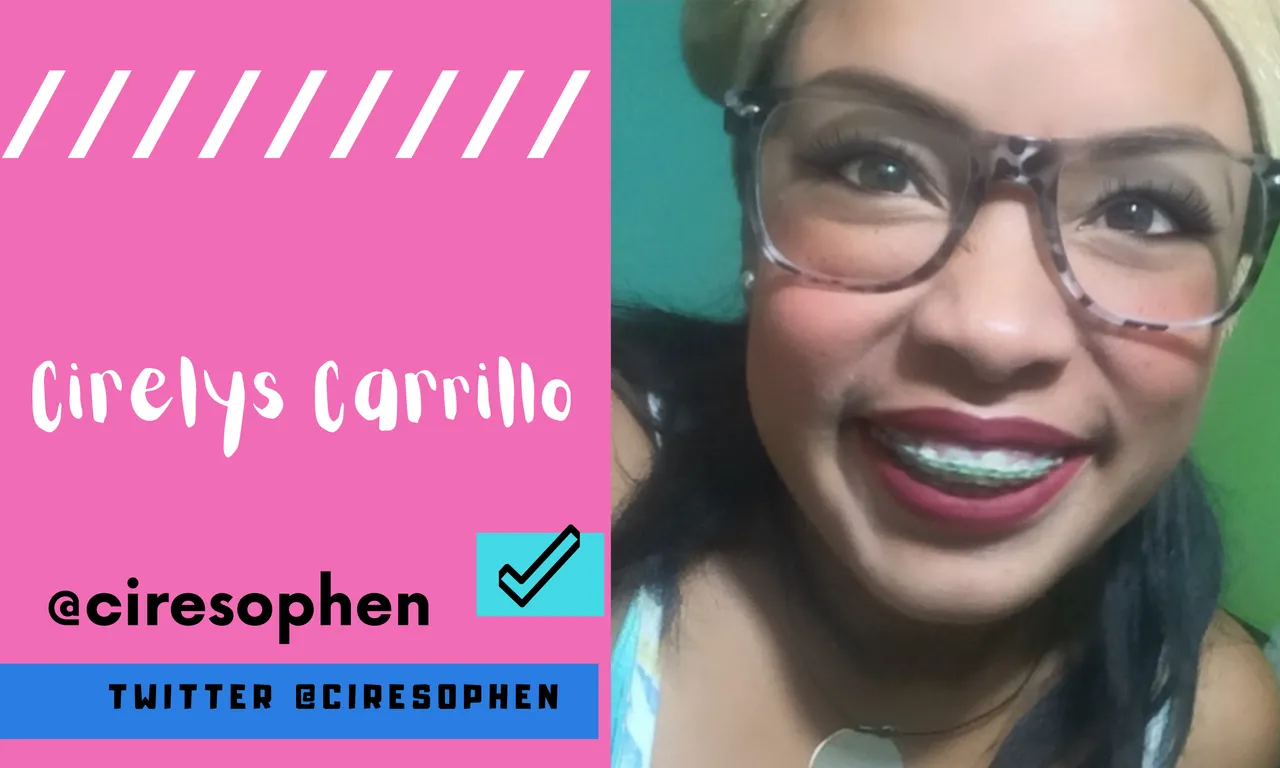
El gran objetivo del aprendizaje no es el conocimiento, sino la acción. Herbet Spencer.

Spanish
Hola, comunidad, hoy compartiré con ustedes mi experiencia en el mundo de la enseñanza.
Como educadora siempre he sentido la necesidad de entender como aprenden los niños y que herramientas puedo utilizar para potenciar en ellos el aprendizaje, esta sed de conocer este aspecto me llevo al camino de las inteligencias múltiples, las cuales fueron reseñadas en el libro Frames Of Mind (marcos mentales) en 1983, que vislumbran las capacidades cerebrales a través de o inteligencias las cuales son:
Estas inteligencias maduran en los diversos periodos de la vida del hombre por ello la importancia de estimular durante los primeros años de vida para potenciarlas. Gardner en su estudio sobre inteligencias multiples afirma que todas las personas son dueñas de cada una de las ocho clases de inteligencia, aunque cada cual destaca más en unas que en otras, no siendo ninguna de las ocho más importantes o valiosas que las demás. Generalmente, se requiere dominar gran parte de ellas para enfrentarnos a la vida, independientemente de la profesión que se ejerza. A fin de cuentas, la mayoría de trabajos precisan del uso de la mayoría de tipos de inteligencia.
En función de esto puedo acotar que lamentablemente la educación se enfoca solamente en ofrecer contenidos dirigidos a evaluar los dos primeros tipos de inteligencia: lingüística y lógico-matemática. Por lo cual es totalmente insuficiente al momento de educar a los estudiantes de forma integral para afianzar sus potencialidades, es necesario entonces cambiar este paradigma educativo.
Por todo esto el paradigma antes mencionado, creo la tradición que los estudiantes que no se destaquen en estas inteligencias tradicionales (matemática y lingüística) no pueden obtener el reconocimiento y su aporte en otro contexto.
En los años de experiencia he podido constatar que el si en el proceso Enseñanza en las instituciones educativas se tomara en cuenta y se reconociera que todos los individuos somos diferentes, y que poseemos distintas inteligencias, se lograría implementar diversas estrategias para adquirir conocimientos. Para ello, el docente debería cambiar la forma en que aplica sus estrategias y por ende la evaluación.
De forma reflexiva puedo decir que no se puede seguir enseñando a una persona desde una única inteligencia ya que el ser humano es más complejo y completo. Aquí hago un espacio para invitar a todos los que enseñamos a romper esta tradición y adentrarnos a ser maestros integrales, que respetamos y valoramos la esencia de cada ser, implementando la innovación en nuestras aulas.
English
Hello, community, today I will share with you my experience in the world of teaching.
As an educator I have always felt the need to understand how children learn and what tools I can use to enhance learning in them, this thirst to know this aspect led me to the path of multiple intelligences, which were reviewed in the book Frames Of Mind in 1983, which glimpse the brain capabilities through or intelligences which are:

These intelligences mature in the various periods of man's life, which is why it is important to stimulate them during the first years of life in order to enhance them. Gardner in his study on multiple intelligences affirms that all people are owners of each one of the eight classes of intelligence, although each one stands out more in some than in others, being none of the eight more important or valuable than the others. Generally, it is required to dominate a great part of them to face life, independently of the profession that is practiced. In the end, most jobs require the use of most types of intelligence.
Based on this, I can say that unfortunately education is only focused on offering content aimed at evaluating the first two types of intelligence: linguistic and logical-mathematical. For this reason, it is totally insufficient to educate students in a comprehensive manner in order to strengthen their potential, so it is necessary to change this educational paradigm.
For all this, the above-mentioned paradigm, I believe the tradition that students who do not excel in these traditional intelligences (mathematics and linguistics) cannot obtain recognition and their contribution in another context.
In the years of experience I have been able to verify that if in the process of teaching in educational institutions it were taken into account and recognized that all individuals are different, and that we possess different intelligences, it would be possible to implement diverse strategies to acquire knowledge. To do this, teachers should change the way they apply their strategies and therefore the evaluation.
In a reflective way I can say that it is not possible to continue teaching a person from a single intelligence since the human being is more complex and complete. Here I make a space to invite all of us who teach to break with this tradition and enter into being integral teachers, who respect and value the essence of each being, implementing innovation in our classrooms.

GRACIAS POR LEERME
TODAS LAS IMÁGENES TIENEN SU FUENTE.
TEXTO TRADUCIDO EN DEELP.
THANK YOU FOR READING ME
ALL IMAGES HAVE THEIR SOURCE.
TEXT TRANSLATED IN DEELP.
